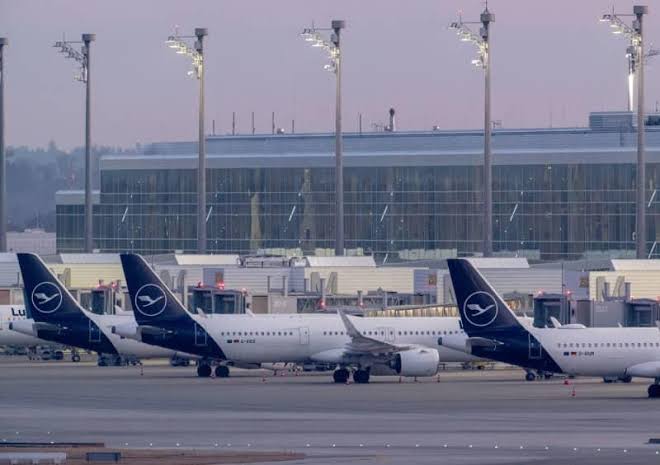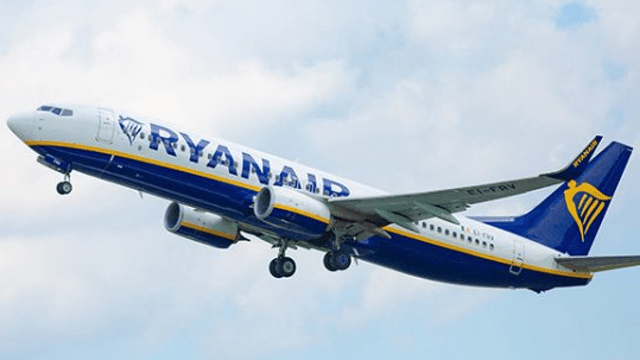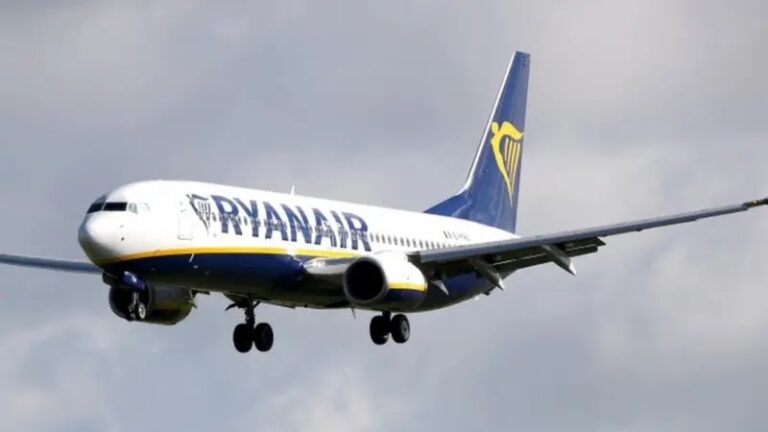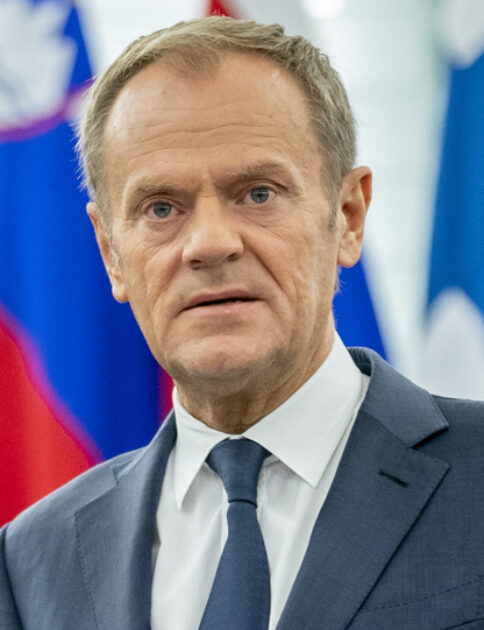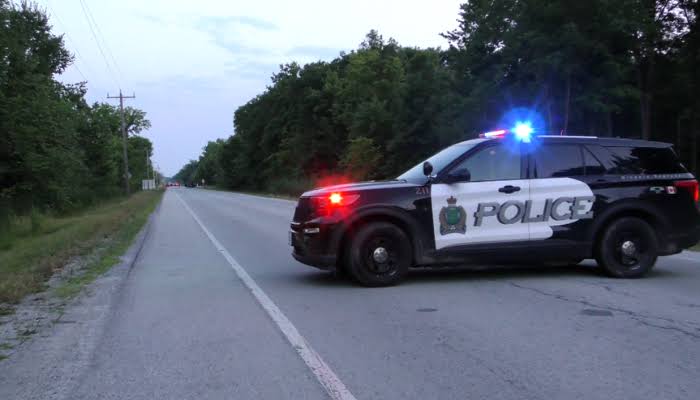German court rules Lufthansa flight offset scheme is ‘misleading’
In recent years, the aviation industry has faced increasing scrutiny over its environmental impact, leading many airlines to introduce initiatives aimed at mitigating their carbon footprints. Lufthansa, one of Europe’s largest carriers, launched its “Green Fares” program, offering passengers the option to offset the carbon emissions associated with their flights. However, this initiative has come under legal and regulatory examination, with allegations of misleading advertising and “greenwashing.”
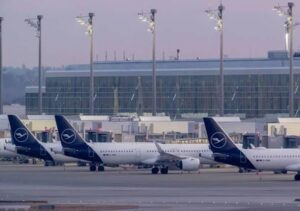
Background on Lufthansa’s Green Fares
Introduced in early 2023, Lufthansa’s Green Fares were marketed as a means for passengers to engage in “climate-friendly flying.” The airline claimed that by selecting these fares, travelers could offset the CO₂ emissions of their flights through a combination of sustainable aviation fuels (SAF) and contributions to climate protection projects. Specifically, Lufthansa stated that 20% of flight-related CO₂ emissions would be reduced by using SAF, while the remaining 80% would be offset via investments in environmental initiatives.
Legal Challenges and Regulatory Scrutiny
The German Environmental Aid (Deutsche Umwelthilfe, DUH) filed a lawsuit against Lufthansa in April 2024, accusing the airline of “brazen consumer deception” and greenwashing. DUH argued that Lufthansa’s claims misled consumers into believing that their flights would have no harmful effects on the climate, a notion the organization disputes. They highlighted that air travel remains one of the most climate-damaging forms of transportation and contended that Lufthansa’s compensation model inadequately addressed the full climate impacts of air traffic.
In December 2024, the Cologne Higher Regional Court ruled against Eurowings, a subsidiary of Lufthansa, regarding its advertising on CO₂ compensation. The court found that Eurowings’ advertisements, which suggested that flights could be made CO₂-neutral through offsetting, were misleading. The ruling emphasized that the airline failed to clearly inform customers that the actual offsetting would occur at a later date, potentially depending on future forecasts and the availability of climate protection projects. This decision underscored the necessity for transparency in environmental claims made by airlines.
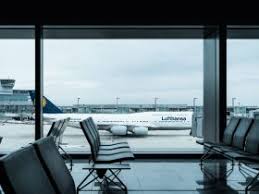
Advertising Standards Authority’s Intervention
The UK’s Advertising Standards Authority (ASA) also took action against Lufthansa for its environmental advertising. In a ruling published on December 6, 2023, the ASA banned a Lufthansa advertisement that claimed consumers could “fly more sustainably” with the airline. The regulator determined that such claims were misleading, as they could not be substantiated with robust evidence. The ASA highlighted that, despite initiatives like carbon offsetting and the use of SAF, air travel continues to produce high levels of CO₂ and other emissions contributing to climate change.
Criticism from Environmental Groups
Environmental organizations have been vocal in their criticism of Lufthansa’s Green Fares and similar offsetting schemes. Campaigners argue that such initiatives give passengers a false sense of security, leading them to believe their emissions have been effectively neutralized. Anna Hughes, director of Flight Free UK, stated that these schemes “lull passengers into a false sense of security,” emphasizing that the only way to truly reduce the environmental impact of flying is to avoid air travel altogether.
Lufthansa’s Response and Future Implications
In response to the ASA’s ruling, Lufthansa acknowledged the limitations of the Google advertisement in question and indicated that it would cease using the slogan “fly more sustainably” in its advertising. The airline emphasized its commitment to reducing the environmental impact of flying and stated that it regularly informs customers about its sustainability efforts.
The Guardian
The legal and regulatory challenges faced by Lufthansa and its subsidiaries highlight the growing demand for transparency and accountability in environmental claims within the aviation industry. As consumers become more environmentally conscious, airlines may need to reassess their marketing strategies and ensure that their sustainability initiatives are both effective and communicated honestly.
In conclusion, while Lufthansa’s Green Fares represent an attempt to address the environmental impact of air travel, the ensuing legal actions and regulatory scrutiny underscore the complexities and challenges associated with such initiatives. The aviation industry must navigate the delicate balance between promoting sustainability and ensuring that environmental claims are accurate, substantiated, and transparent to consumers.
